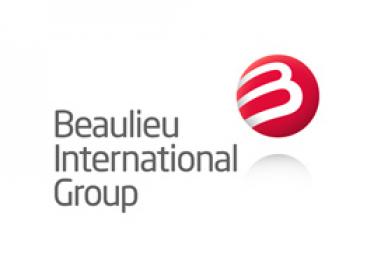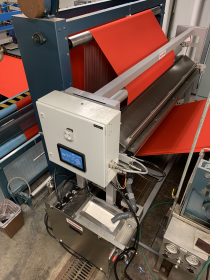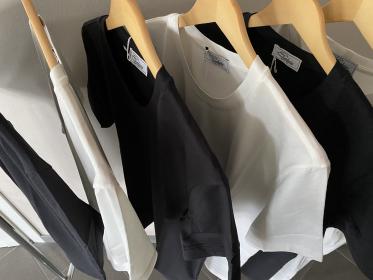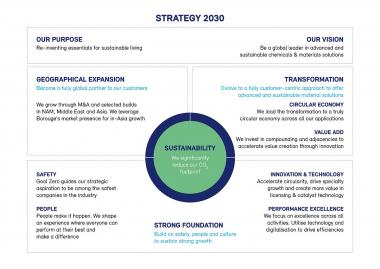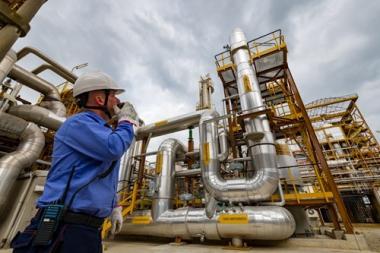INDA Announces the 2022 RISE® Innovation Award Finalists
- Innovations in Recycling and Sustainability: Sustainable Diaper Components, Natural Fibers, and Kitty Litter from Recycled Nappies
INDA, the Association of the Nonwoven Fabrics Industry, announced the three finalists that will present their innovative material science solutions as they compete for the prestigious RISE® Innovation Award during the 12th edition of the Research, Innovation & Science for Engineered Fabrics Conference (RISE®) to be held in person September 27-28, 2022 at North Carolina State University. The award recognizes novel innovations within and on the periphery of the nonwovens industry that creatively use next-level science and engineering principles to solve material challenges and expand the usage of nonwovens and engineered fabrics.
Finalists for the 2022 RISE® Innovation Award:
Cat Litter Made from Recycled Nappies – DiaperRecycle
DiaperRecycle has developed technology to recycle used diapers into cat litter. The aim of the company is to make an environmental impact and decrease the climate changing emissions of diaper waste. They’re diverting used diapers (used in households and businesses such as elder care) from landfill, separating the plastic and fiber and making cat litter. The plastic is prepared for recycling by plastics recyclers. The cat litter product is made by DiaperRecycle from the super absorbent fiber of diapers; it’s highly absorbent and flushable.
Biodegradable Diaper Components – Gottlieb Binder GmbH & Co. KG
Together, Avgol and Binder take on the challenge of disposable absorbent articles for the good of future generations and came up with sustainable diaper components. The technologies used are based on biotransformation technology, which makes it possible to achieve more sustainable products by supporting recycling and providing an alternative route for non-recyclable/fugitive waste management.
sero® hemp fibers – Bast Fibre Technologies, Inc.
Bast Fibre Technologies’ sero® hemp fibers offer the nonwoven industry an all-natural substitute for plastic fibers. From dedicated European- and US-based production facilities, BFT transforms raw bast fibers into premium natural fibers for applications ranging from single-use and durable wipes to industrial applications. Suitable for minority or majority blends, sero® hemp combines easily with standard nonwoven fibers to produce fabrics that meet the industry requirements for strength, uniformity, and processing efficiency.
RISE® conference attendees, technology scouts and product developers in the nonwoven/engineered fabrics industry seeking new developments to advance their businesses, will electronically vote for the recipient of the 2022 RISE® Innovation Award. The winner will be announced Wed., Sept. 28th.
Technical experts on INDA’s Technical Advisory Board selected three finalists from among 12 nominations. The 22-member board of technical professionals is represented by companies such as Absorbent Hygiene Insights LLC, Attindas Hygiene Partners, Berry Global, Cotton Incorporated, Crown Abbey, LLC, The DAK Group, Fi-Tech, Inc. Freudenberg Performance Materials, Glatfelter Sontara Old Hickory, Inc., Lenzing Fibers, Inc., Natureworks LLC, Nice-Pak Products, Inc./PDI, Nonwovens by Design, Norafin (Americas) Inc., The Nonwovens Institute at North Carolina State University, Poccia Consulting, LLC, The Procter & Gamble Company, RKW North America, Inc., Rockline Industries, Smith, Johnson & Associates, Suominen Corporation, and Texas Tech University.
“The RISE Conference recognizes and promotes innovation across the nonwoven and engineered material industry. Technology leaders will share invaluable information on innovative new approaches and concepts to resolve material science challenges. For any technical leader, technology scout or new product innovator, RISE is an event not to be missed,” said Tony Fragnito, INDA’s President.
The conference program will cover relevant and timely topics including: Creating a Circular Industry, Advancements in Sustainable Inputs in PLA, Developments in Natural Fibers I and II, Sustainable Inputs in Fibers and Biofibers, Sustainable Inputs from Waste Products, and Economic Insights and Market Intelligence.
























